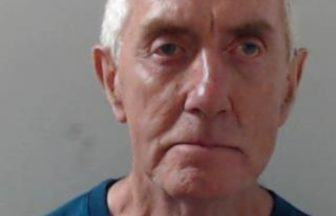A GP practice “should not” have given medication to a patient who died after overdosing in the Highlands.
A patient died from an opioid overdose after being prescribed a number of different medicines by their GP despite having a history of overdoses.
They were prescribed dihydrocodeine, an opioid prescribed for pain or severe shortness of breath, as well as painkillers and benzodiazepines, which are depressants, before their death.
The patient’s parent complained that their adult child’s GP practice did not properly manage the risks of prescribing dihydrocodeine to them.
They also complained about the size and frequency of the patient’s prescriptions, which were issued monthly rather than weekly or daily to reduce hoarding the medication.
The parent added the practice had “insufficient regard” for their child’s history of overdoses, with multiple additional prescriptions being authorities on request.
The patient also remained with the practice despite moving far away, which is something that their parent questioned.
In response to the complaint, the practice stated that weekly prescriptions or daily dispensing do not necessarily stop medication hoarding.
The practice added that while they were aware of A’s overdoses, these were often also due to alcohol or illegal drugs.
It said they had felt the patient’s request for additional medication had been “genuine”. It balanced it against the risk of them seeking illicit drugs or street medication if suffering from withdrawal.
Following the incident, the practice stated it had reviewed its approach to similar patients and refused several requests to keep patients living remotely.
The Scottish Public Services Ombudsman (SPSO) investigated and upheld the complaints in full after seeking advice from an independent GP.
The watchdog found that the medication prescribed to the patient is implicated in many drug-related deaths, often in combination with other substances such as alcohol.
It added that taking into consideration the patient’s mental health, alcohol misuse and history of multiple drug overdoses, early prescriptions should not have been given to them, and instalment dispensing should have been used to reduce risk.
SPSO’s report also said that they could not say whether the patient’s decision to stay with the practice had contributed to the death, it did not provide reasonable care with regard to their prescription medication
NHS Highland has been contacted for comment.
Follow STV News on WhatsApp
Scan the QR code on your mobile device for all the latest news from around the country


 iStock
iStock























